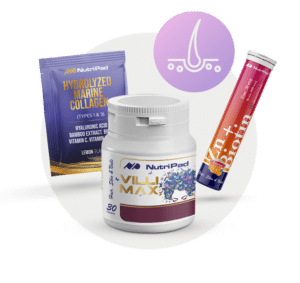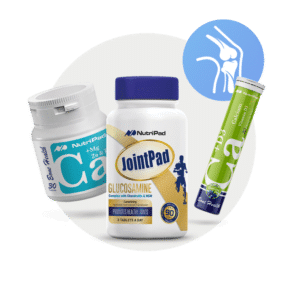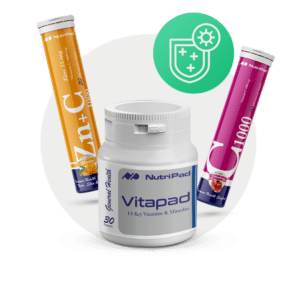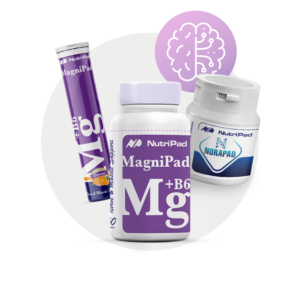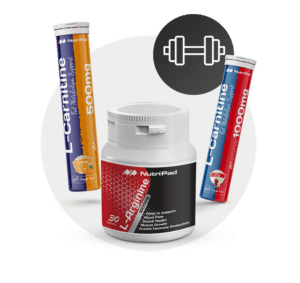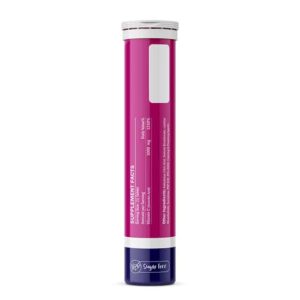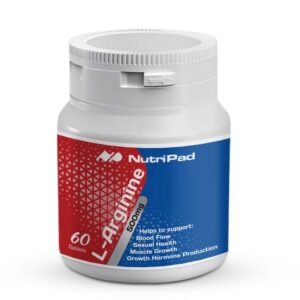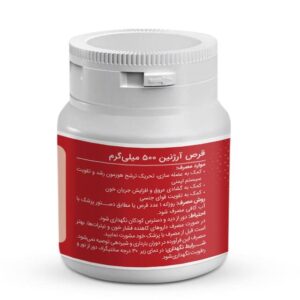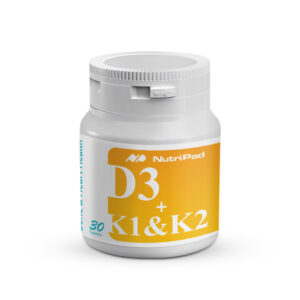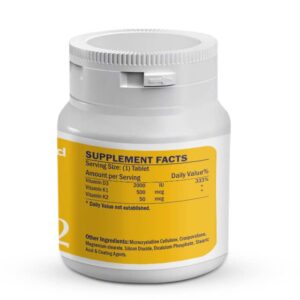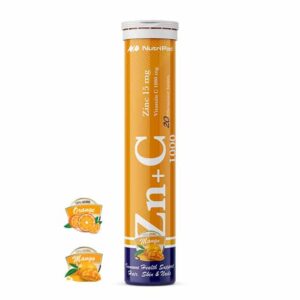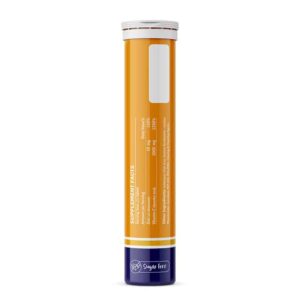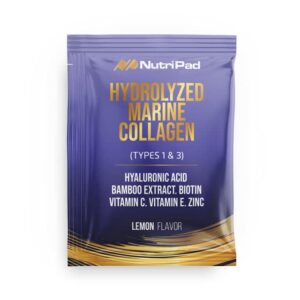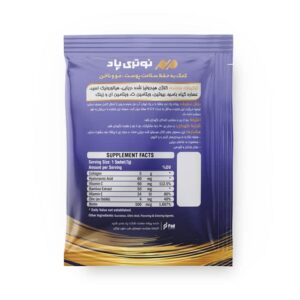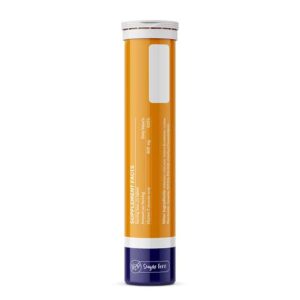Table of content
Two important substances in our body, in the maintenance of the skin, hair and nail health: biotin and zinc (part2)
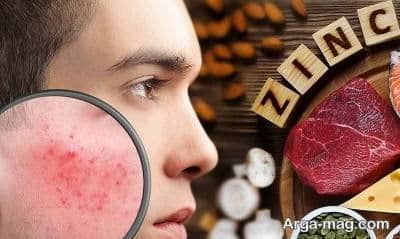
Zinc is an essential trace element for the human health and is required for many processes in the body. Some of these include: nutrient metabolism and DNA synthesis, immune system functioning, reproduction and fetal development and wound healing. There are more than 100 enzymes in the body that require zinc for their function. Normally we should take zinc from dietary sources. Meat, fish and legumes are rich in zinc. Zinc deficiency is more common in developing countries.
Zinc is absorbed from the small intestine and is excreted in the gastrointestinal tract itself and also in urine and sweat.
Causes of zinc deficiency
- Low dietary intake: vegetarian diets, parenteral nutrition, anorexia nervosa, chronic alcoholism could cause zinc deficiency
- Reduced absorption: Phytates (present in seeds and nuts), calcium and phosphate reduce absorption of zinc. Inflammatory bowel disease and GI surgeries could cause decrease in zinc absorption.
- Increased utilization is another category of causes that result in zinc deficiency. Pregnancy, breast-feeding, post-partum (up to 2 months after child-birth) are among conditions that utilization of zinc is increased in the body.
- Increased losses: Diarrhea, hemodialysis and skin losses (ex. Burns)
Clinical features of zinc deficiency
- Developmental problems: short stature and reduced growth could happen due to zinc deficiency
- Gastrointestinal symptoms: diarrhea, loss of appetite
- Immune dysfunction: increased risk of infection
- Reproductive issues: Zinc is required for spermatogenesis. Zinc deficiency could cause hypogonadism.
- Psychiatric issues: Emotional changes, photophobia
- Integumentary abnormalities: usually occur with more severe forms of zinc deficiency. Hair loss or diffused alopecia, skin lesions (ex, acne, eczema, xerosis)
- Eye problems: night blindness
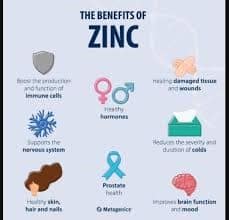
Diagnosis and treatment of zinc deficiency
- Zinc deficiency is diagnosed with low zinc level in plasma. Normal plasma level of zinc is 70-250 micg/dL. In mild zinc deficiency plasma level of zinc is decreased to 40-60 micg/dL.
- Treatment of zinc deficiency is oral supplementation with zinc. Recommended daily intake of zinc is 8-11 mg/day (higher need for zinc in pregnancy and lactation). For treatment of zinc deficiency doses as high as 2-3 mg/kg/day could be administered to replete stores however gastrointestinal side effects are common with high doses of zinc. Doses above usual daily need should be only used temporarily to replenish zinc stores in the body.
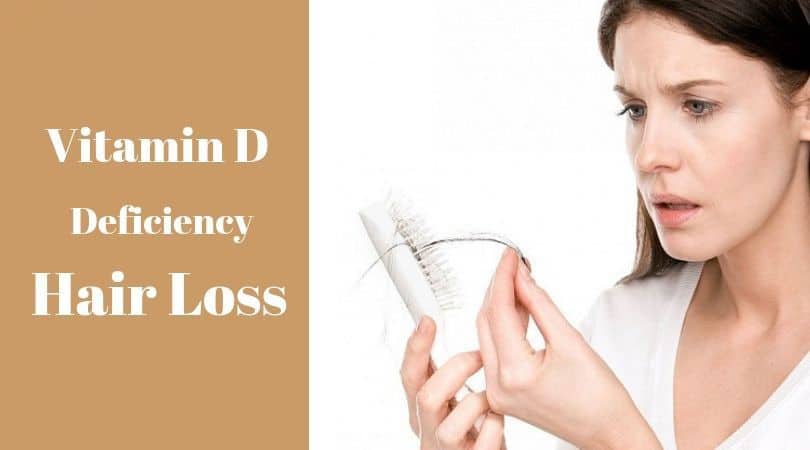
Some products



